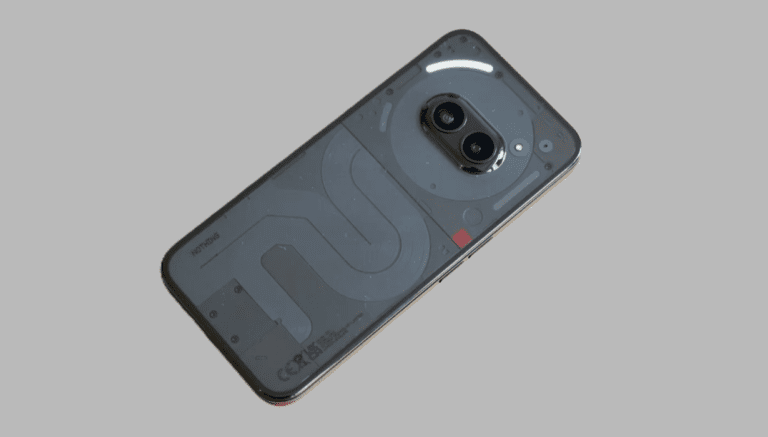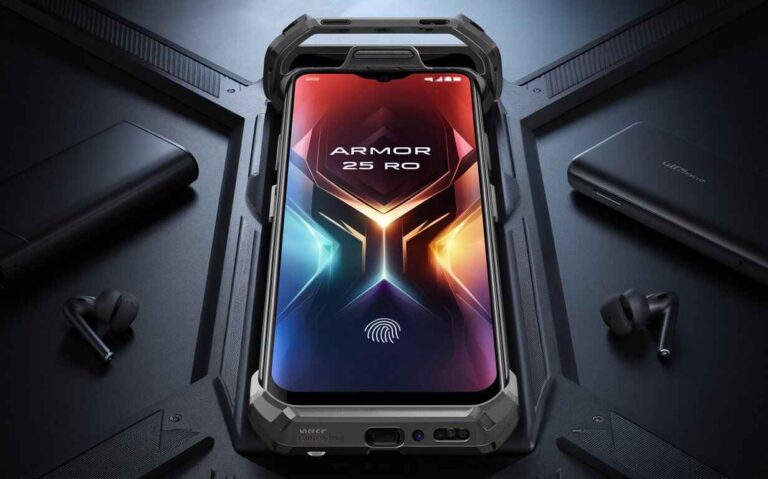Essential Smartphone Security Tips to Stay Protected (2024)
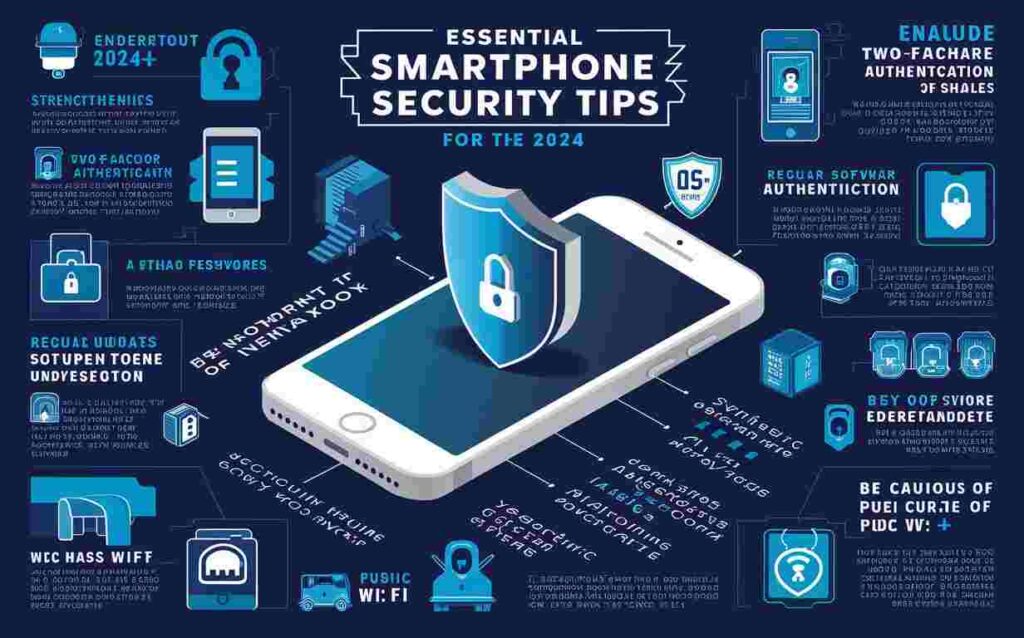

Since the rise of modern civilization, we no longer have diaries and lockers – the smartphone and security, today’s most popular item, has turned into a personal data safe.
Whether it is phone numbers, emails or credit card information, call records, and LIBERTY personal photos, information on lost mobile phones is valuable and deserves to be protected.
But don’t worry! Common smartphone security mishaps mean that securing your gadget does not have to be complex. Thus, this paper aims to explore simple but effective measures that can be adopted for the protection of the device as well as the data.
Important Smartphone Security Steps
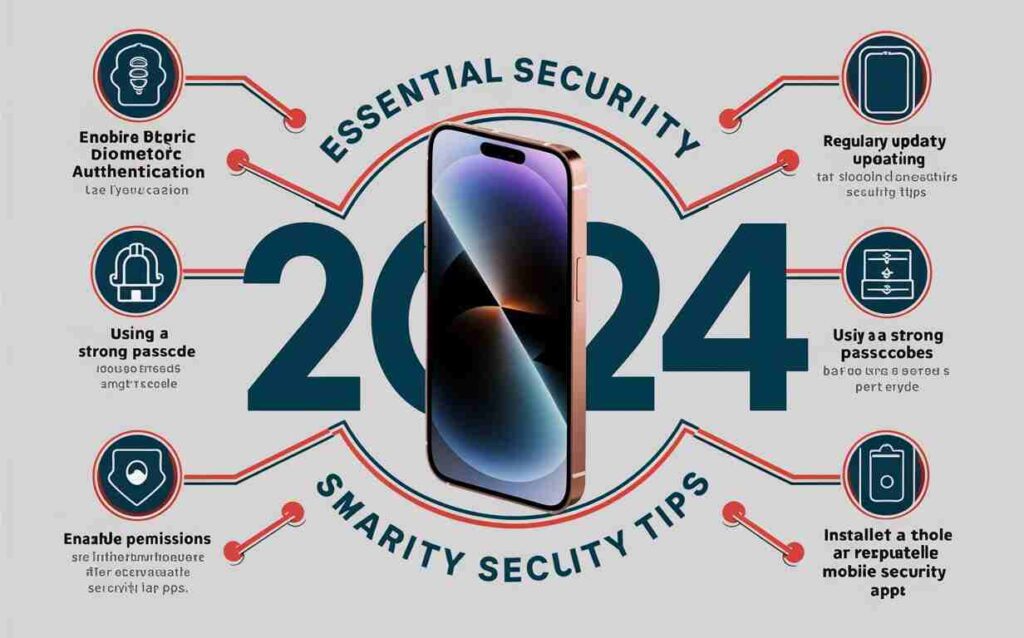

Lock It Down
This is your first layer of protection and is implemented in your lock screen.
Let’s move far away from the days when easily crackable 4-digit PINs are used. However, it is advisable to use a longer passcode or passphrase than the one that is currently in use.
Still, go a step further and tap the biometric options of your phone such as the fingerprint or face ID. In fact, these methods are as secure as most traditional security approaches, but at the same time, they are very convenient.
Two-Factor Authentication: Your Virtual Bodyguard
Apply the two-factor authentication where it is possible.
This additional procedure may look irksome at the initial level, but that is like having an account bodyguard. Although somebody has hacked his way through and gotten hold of the password, he is locked out unless he has the second factor, often a number that is sent to the person’s phone or generated through the use of an application.
Stay Up-to-Date
Those pesky update notifications? They’re actually your friends.
Software updates contain vital features, which can shield your phone from the most recent security threats.
One should be in the habit of updating the phone’s operating system and apps on it severally. Oh yes, switch on enable the auto-update feature, and leave your phone to update all by itself.
Public Wi-Fi: Proceed with Caution
Yes, free and easily accessible terminals such as ‘‘public Wi-Fi’’ are accessible but the same is considered a playground for hackers.
Do not use public connections such as Wi-Fi facilities to open accounts, specifically your banking account. If you have to connect to public Wi-Fi, it is wise to use a VPN connection to help in encrypting your data.
App Permissions: Be Stingy
Permission requested by the apps during the installation should be looked into.
Can a simple game really ask for these things: contacts or even GPS? Probably not. Permission should be granted if they are relevant to the working of the app and if not, then they should be avoided.
Although, you can always change these settings later in the privacy options on your phone.
Antivirus: Another Shield
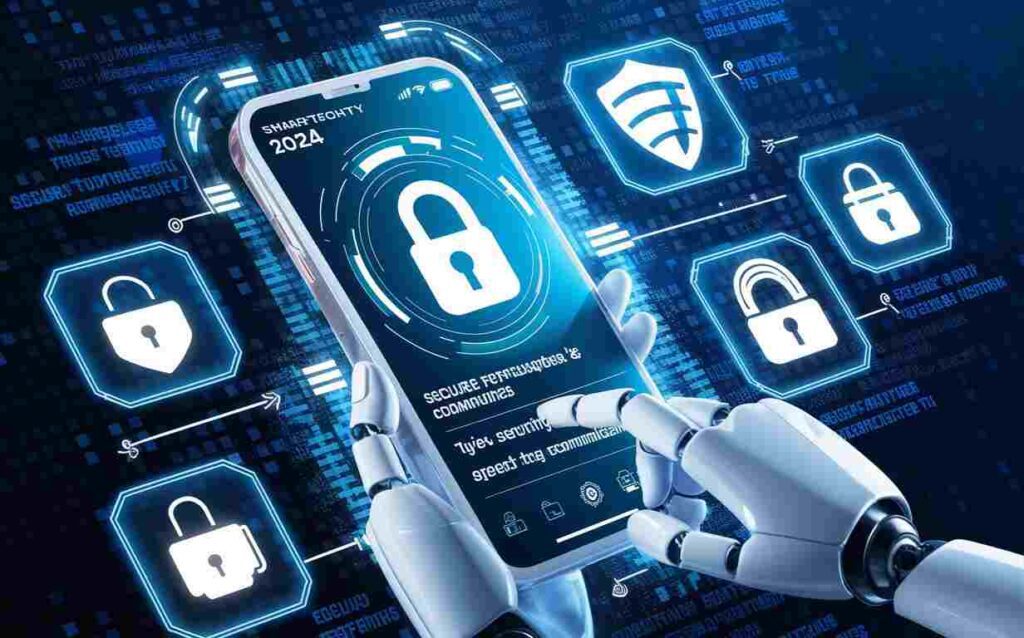

Smartphones are less susceptible to viruses than computers; nevertheless, it does not mean that the electronic device should not have antivirus.
Select antivirus applications by established security software developers. These can shield you from any form of malware, phishing scams, and other evils that lurk in the World Wide Web.
Find My Phone: A Lifesaver When Lost
Activate the built-in tracking feature on your phone; for Apple devices, go to ‘Find My iPhone’ while for Android devices, head to ‘Find My Device’.
These tools can assist you in the recovery of a lost phone, ringing the phone even if on silent mode, or wiping the data in case it falls into the wrong hands.
A step that can easily be made now to prevent yourself from causing a whole lot of trouble later on.
Encrypt Your Data
The great majority of present-day mobile phones possess integrated encryption potentialities.
This randomizes your data in such a way that if someone ignores your lock screen and gains access to your smartphone, they cannot access your information unless they have the key; usually the passcode. Go to the security parameters of your phone to see if it is encrypted or not.
Phishing: Go for the Con: Don’t Take the Bait
Stay away from spam messages, which can be of ‘mail,’ ‘sms’ or a pop-up window requesting to fill in your personal details.
No authentic business will request personal information through the Internet, especially through email or text.
In any questions, click on the original link to the company’s platform, website, or application and avoid message links.
Back It Up
It is not enjoyable to just back up one’s phone frequently but necessary for the security of one’s phone and data.
It helps when your phone is lost, stolen, or with a virus because the most recent backup means, data might not be lost. Some phones provide configurable cloud backup, otherwise, you can connect to this PC for a local backup.
Conclusion
That is why securing your smartphone does not take a degree in computer science. Thus, by utilizing these tips, one can dramatically enhance his or her phone security and preserve digital identity.
Just remember that cybersecurity is not a one-time action; include these habits into the everyday ones. Be safe; Keep it updated and feel the satisfaction of having a secure phone!
Read More:



